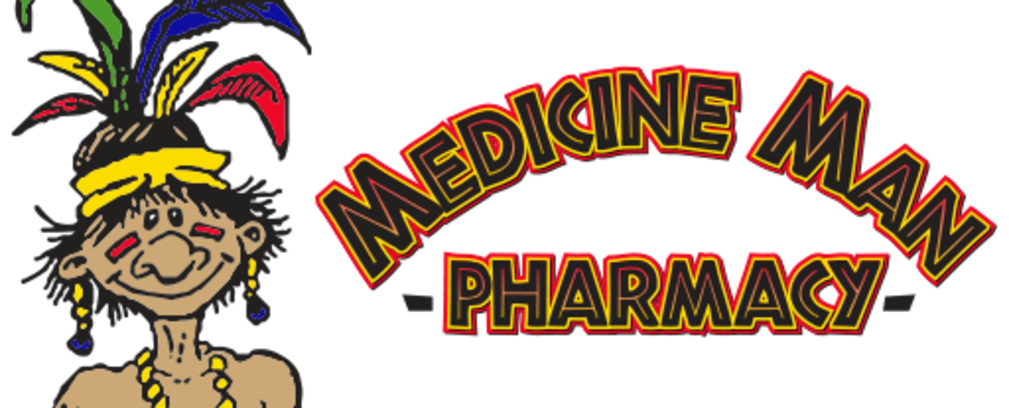Medication: “Did You Know?”
Vitamin & Supplement Safety
Vitamins and supplements can be very beneficial at helping you to be the healthiest you can be. However, you need to make sure you are using them safely!
Healthy food first!
Taking any vitamin or vitamin supplement does NOT replace eating a variety of healthy foods. It is ALWAYS best to get your nutrients from real food sources, with a diet high in fruits, vegetables, lean protein, and whole grains. There are so many resources out there to learn more about choosing healthy, nutritious foods, but one good source to check out is the Dietary Guidelines for Americans, published by Office of Disease Prevention and Health Promotion.
More is not better.
Taking too much of anything isn’t good for you, and this includes vitamins and supplements. This is especially true for children as well as pregnant and breastfeeding women. For example, taking too much vitamin A can cause headaches, liver damage, and can cause birth defects! Too much iron can make you sick to your stomach, but can also accumulate and cause damage to your vital organs. It can also be fatal, especially in small children. For a good info on how much is too much, check out this article by Prevention.
Potential drug interactions
You may or may not know that taking certain medications together can cause them to interact, and cause unwanted side effects. This is also true of taking certain supplements with your medications. For example, if you are taking the blood thinner warfarin (used to prevent stroke and to treat/prevent blood clots), vitamin K can decrease it’s effectiveness. Vitamin K can be found in many multivitamins. St. John’s Wort, a common supplement people use to improve their mood, can interact with MANY medications, including (but not limited to) antidepressants, birth control, pain killers, anti-seizure medications, and some medications used to treat cancer and HIV/AIDS. This is why it is so important to always check with your pharmacist or doctor before starting any new vitamins or supplements. The NIH has a great tool available to learn more about the potential interaction between medication and supplements, which can be found here.
Natural does not mean safe
Have you ever been told, “Oh it’s perfectly safe! It all natural!!” Well, this is not totally true. While many supplements, when used correctly, are perfectly safe, not all are. For example, kava kava is a popular natural treatment for anxiety. However, it can cause liver damage and worsen diseases such as Parkinson’s disease and depression. Yohimbe is another popular supplement, used to increase your libido and treat ED in men. It can, however, raise your blood pressure, increase your heart rate, cause headaches, seizures, liver/kidney problems, and in sever cases may lead to heart attack and death. Consumer Reports has a great list of 15 dangerous supplements to avoid!
Not regulated like drugs
According to the FDA, a drug is “any product that is intended for use in the diagnosis, cure mitigation, treatment , or prevention of disease; and that ts intended to affect the structure or any function of the body.” (FDA, 2017) Dietary supplements, on the other hand, are products that are ONLY intended to supplement your diet. Before a drug can be marketed, it has to undergo multiple clinical trials and a a rigorous approval process by the FDA to ensure it is both safe AND effective. Supplements, however, do not require this pre-market review or approval by the FDA. Take heart though, there is a certain amount of regulation on vitamins and supplements. Supplements companies must have evidence that their products are safe and effective and that their labeling is not misleading (though they do not need to provide this to the FDA). They must also follow good manufacturing processes, and are subject to FDA action if their product is found to be unsafe. The FDA also monitors information on the product’s label to make sure it is accurate and not misleading. (NIH, 2011)
What can you do?
The most important thing you can do to ensure you are using vitamins and supplements safely, is talk with your doctor or pharmacist. Get a recommendation on what vitamins or supplements they think you should be taking and what you should avoid. It is also so important to include any vitamins or supplements you are taking on your medication list. They are important to consider should you need to start any new medications. Also, make sure you are choosing supplements made by a reputable company. Buy at your local pharmacy and not off the internet.
For more information, check out the National Institute of Health Office of Dietary Supplements by clicking here or here.
